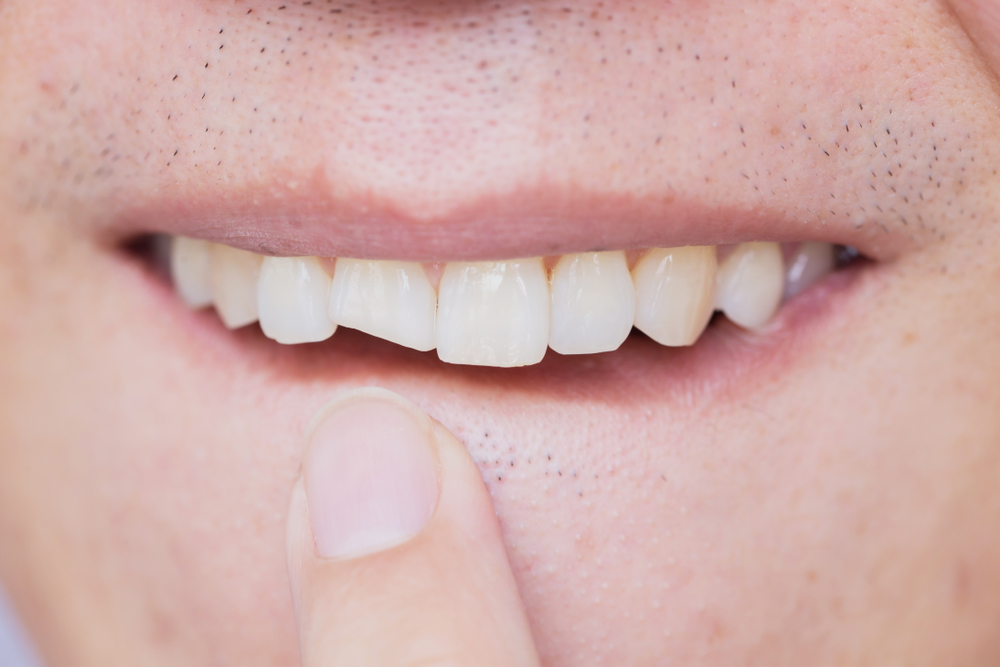
A chipped tooth can occur due to various reasons. One common cause is accidental trauma, such as a sports injury or a fall. Biting into hard foods or objects, like ice or hard candies, can also lead to a chipped tooth. Tooth decay weakens the structure of the tooth, making it more susceptible to chips. Understanding the causes, recognizing the symptoms, and addressing the issue promptly are key to preventing further complications.
Common Symptoms of a Chipped Tooth
If you suspect you have a chipped tooth, there are several common symptoms to look out for. Sensitivity to hot or cold temperatures, pain when biting or chewing, and a rough or jagged edge on the affected tooth are all indications of a possible chip. You might also experience heightened sensitivity to sweet or sour foods and drinks.
Why it's Important to Address a Chipped Tooth
Addressing a chipped tooth is crucial for several reasons. Firstly, a chipped tooth can affect your appearance and self-confidence, especially if it is visible when you smile or speak.
Additionally, a chipped tooth can lead to further dental problems if left untreated. The jagged edge of the chip can irritate the soft tissues in your mouth, causing ulcers or sores.
Lastly, a chipped tooth is more susceptible to decay and infection, as bacteria can easily penetrate the weakened structure. By addressing a chipped tooth promptly, you can prevent these potential issues and maintain your oral health.
Exploring Treatment Options
When it comes to treating a chipped tooth, there are several options available. The most common treatment is dental bonding, which involves applying a tooth-colored resin to the chipped area and shaping it to match the natural tooth. This procedure is relatively quick and painless, providing an immediate aesthetic improvement. However, bonding may not be suitable for larger chips or if the chip affects the structural integrity of the tooth.
In such cases, a crown may be recommended. A dental crown is a custom-made cap that fits over the entire tooth, restoring its shape, strength, and appearance. Crowns are durable and long-lasting, providing a more comprehensive solution for significant chips. However, the process of getting a crown typically requires multiple visits to the dentist and may involve some preparation of the tooth.
In rare cases where the chip is deep and exposes the nerve of the tooth, a root canal may be necessary. A root canal involves removing the infected or damaged nerve tissue from the tooth, cleaning the area, and sealing it. This procedure is performed under local anesthesia to ensure a pain-free experience. Following a root canal, a crown is usually placed to protect and strengthen the tooth.
Visit Clarity Dental Center for Implant and Family Dentistry Today
Having a chipped tooth can be a distressing experience, but it is important not to panic. Understanding the causes, recognizing the symptoms, and addressing the issue promptly are key to preventing further complications. Whether you opt for dental bonding, a crown, or a root canal, there are treatment options available to restore the appearance and function of your chipped tooth. By taking swift action, you can regain your smile and maintain your oral health.
If you have a chipped tooth, don't delay seeking professional dental care. Schedule an appointment with our dentist to explore your treatment options and restore your smile, visit Clarity Dental Center for Implant and Family Dentistry at our office in Federal Way, Washington. Call (253) 799-1490 to book an appointment today.









